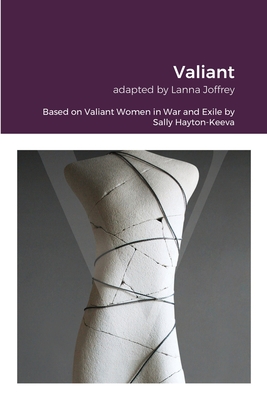More dissapears from the Internet than a writer might expect. I started writing for publication in the 1990s and some newspapers like The Albuquerque Tribune, a former Knight Ridder stalwart, are no longer with us. Some alternative papers I worked for like Crosswinds never archived online and then there were all of the do-it-yourself zines that exist only on the Way Back Machine. I also worked for 10 years at Forbes, which has changed a lot since I joined their staff in 1999. I wrote hundreds of articles there for its print and online publications and have lost many over various redesigns and iterations of their business model. I was also, for a good run, an op-ed columnist for The Daily, a News Corp publication, intended for tablets only, that launched in 2010 and folded two years later. Its entire online archive is gone. I have only some of the drafts I submitted.
I was never the kind of writer who kept scrapbooks full of clips. As business has moved online I’ve assumed anybody wanting to do business with me would just Google me anyway and I’d have to be comfortable with the results, whether they were investigative features, comedy pieces or salty comments I’d left over on Gawker.
Then I found out about Authory. With just a few clicks, you can aggregate all of your online writing into one website, and organize them by type, date or publication. My page is here and I love it. The interface is easy to use and its aggregation features are thorough. Any working writer, especially these days, will find themselves impressed by the breadth of work it uncovers — we’re all writing a bit for money and a bit for passion and occassionally for both, after all. Just seeing my work in one place as reignited my interest in writing book reviews, which was something I’d allow to trail off in recent years.
Authory also makes it easy for me to direct potential employers and collaborators to specific types of work that I do while still allowing me to showcase a broad range of interests. I can see integarting Authory into almost every part of my professional development — and it really takes a lot of the strain out of pitching work. Most of us write because we enjoy writing, not because we like selling products or ourselves.
It may seem as if Authory will breed its own reliance but they have a cool feature where you can download your entire archive from them at any time, so you’ll never lose the work they’ve done for you if you cancel for any reason. That a high-touch, personal clippings service like Authory is a bargain at current prices.




